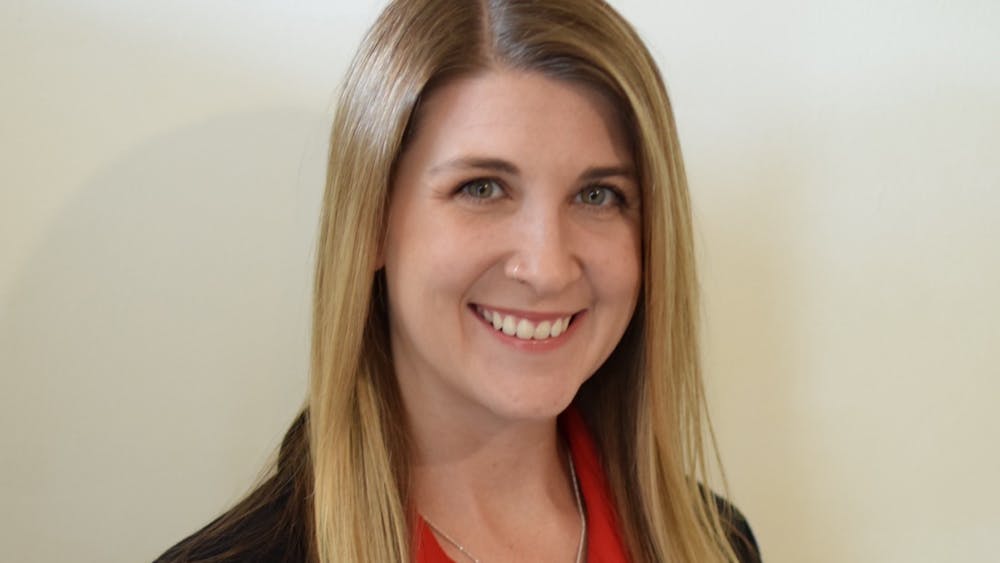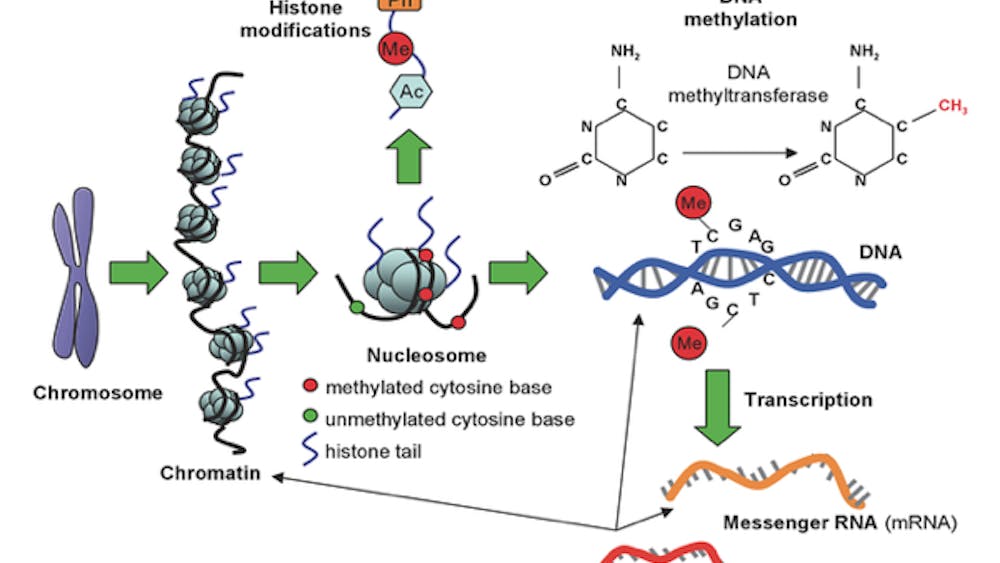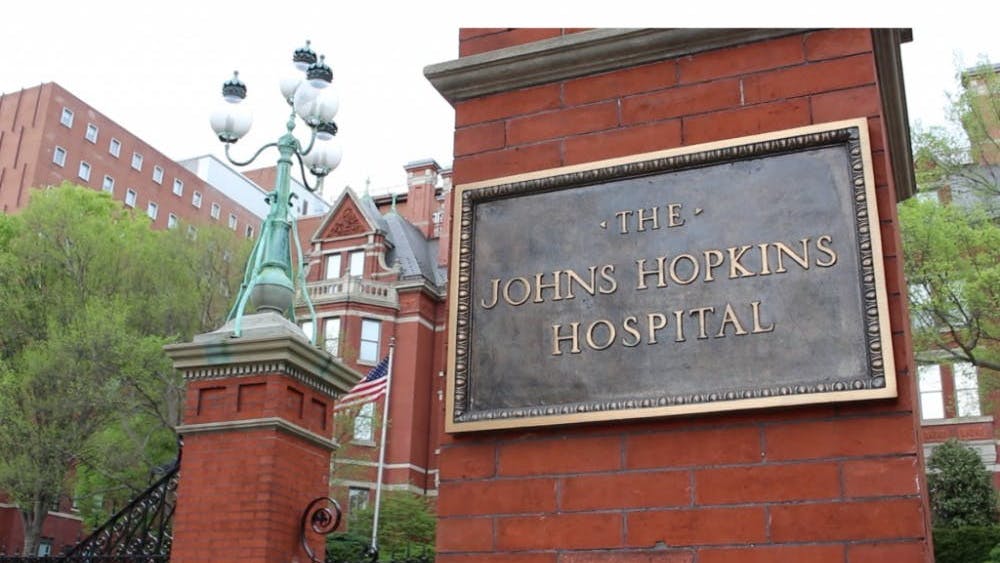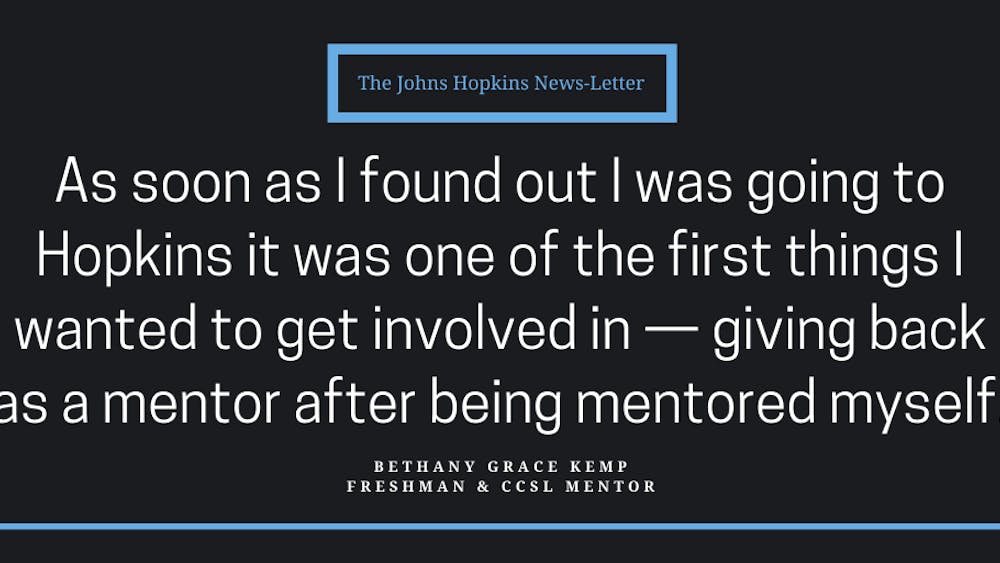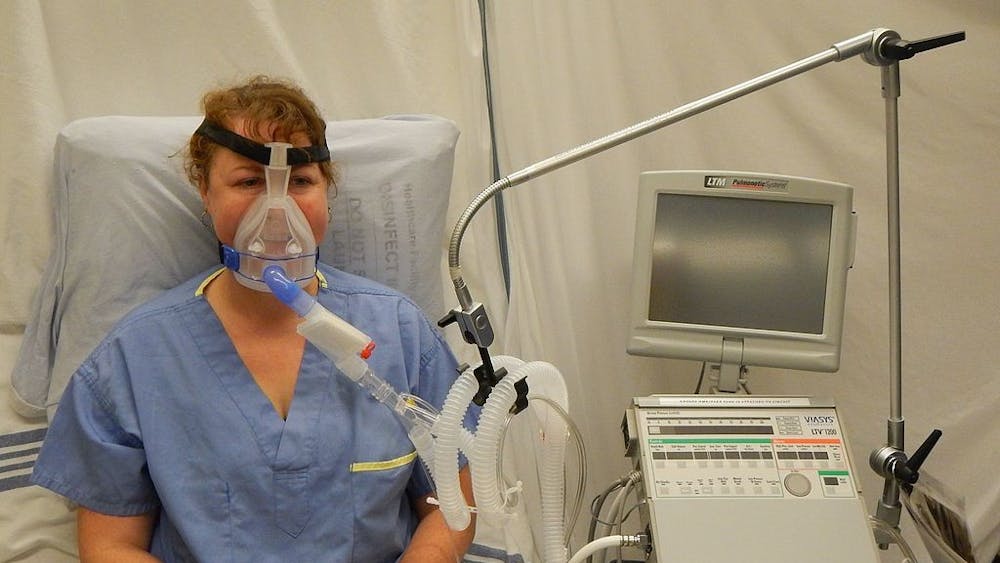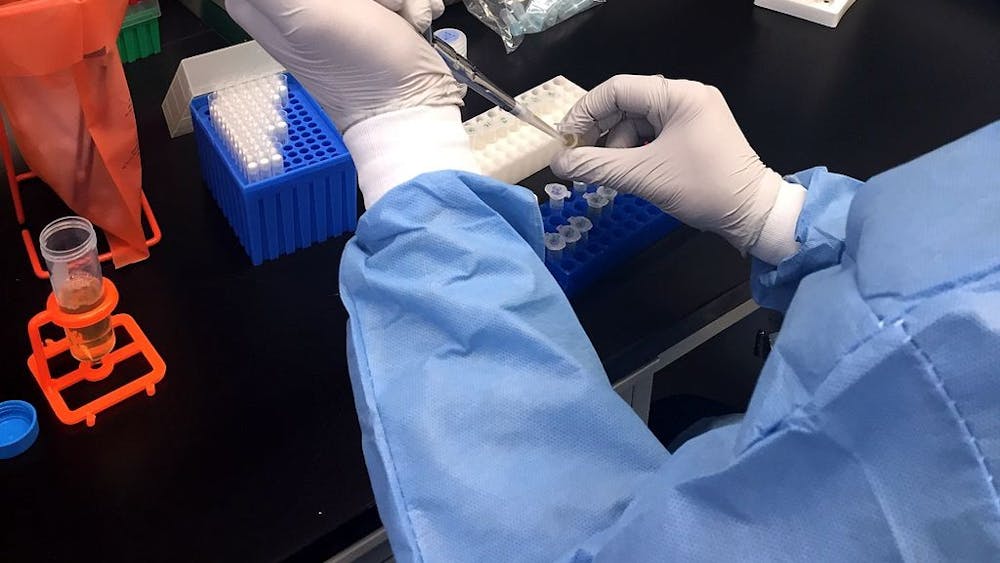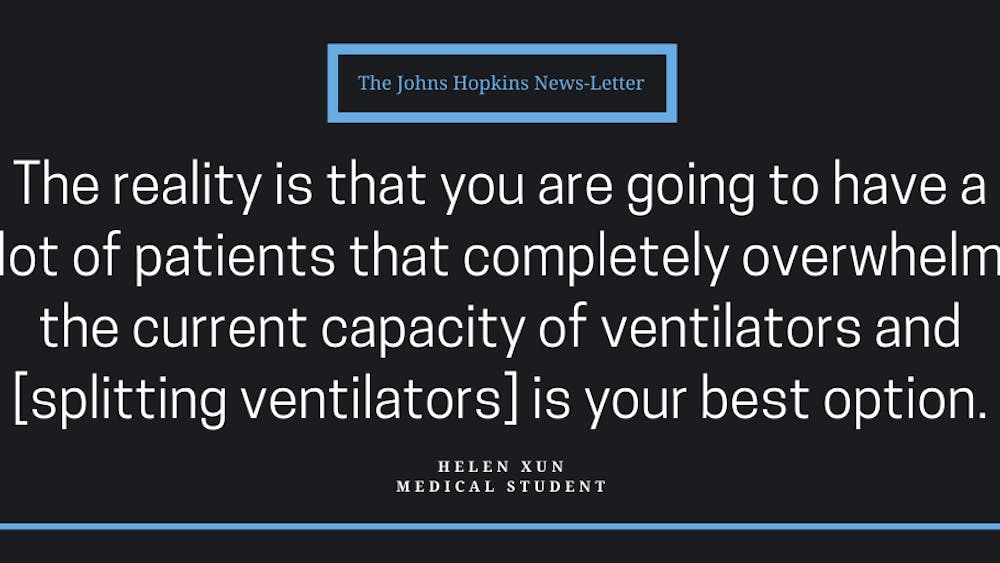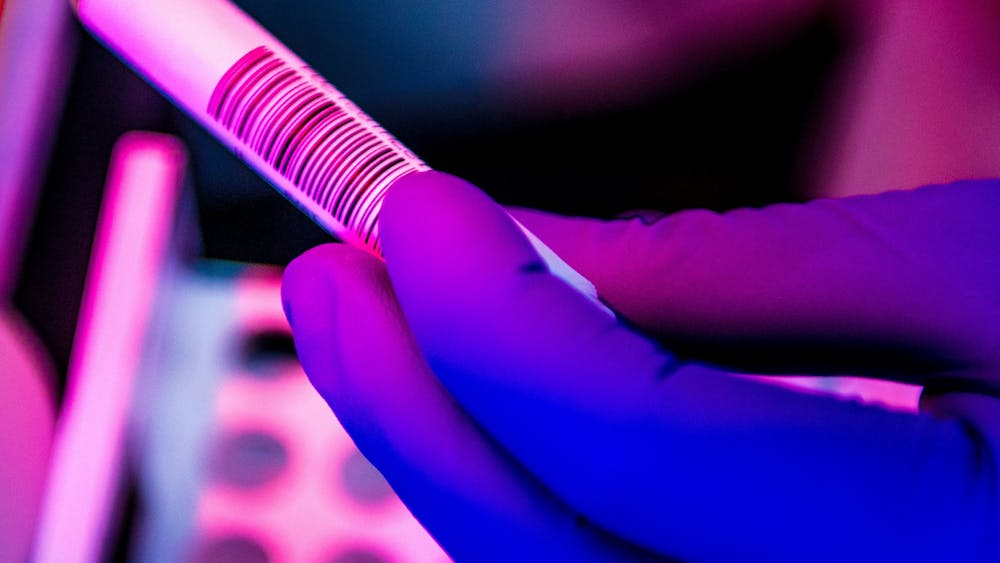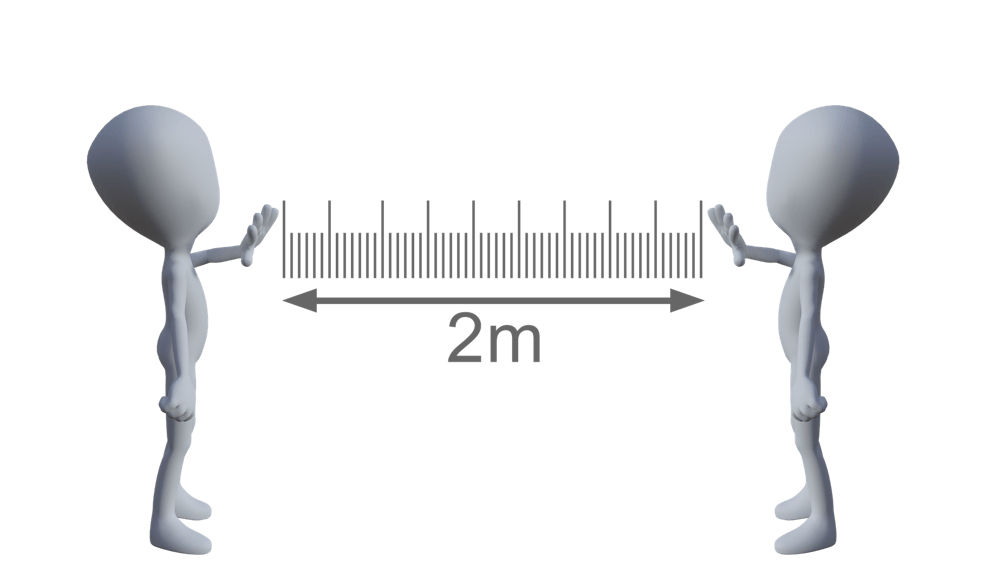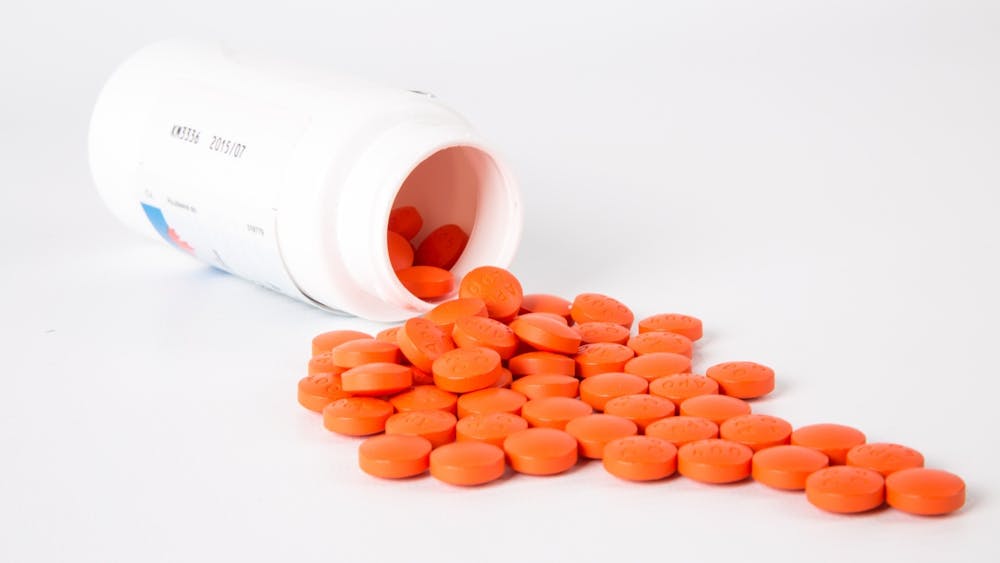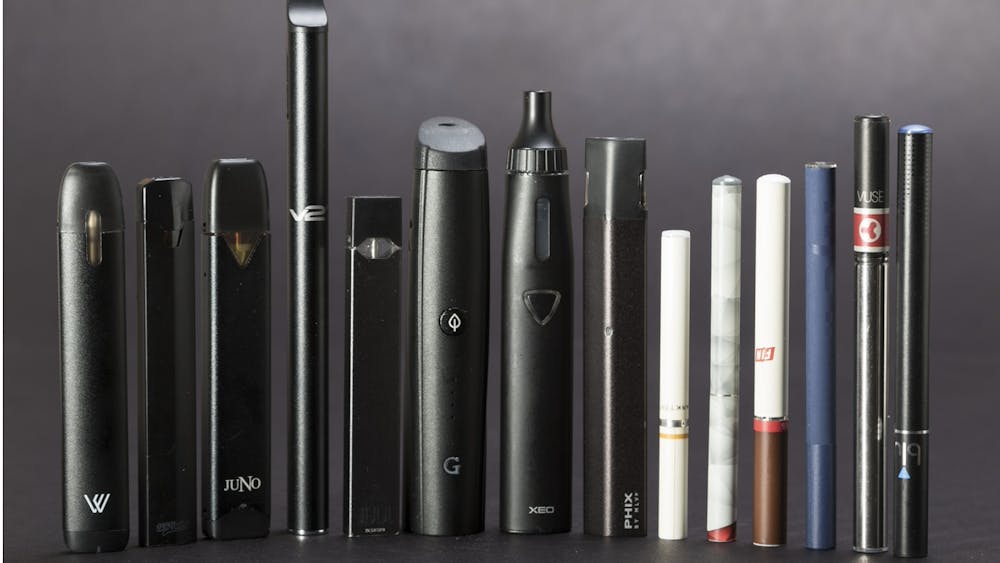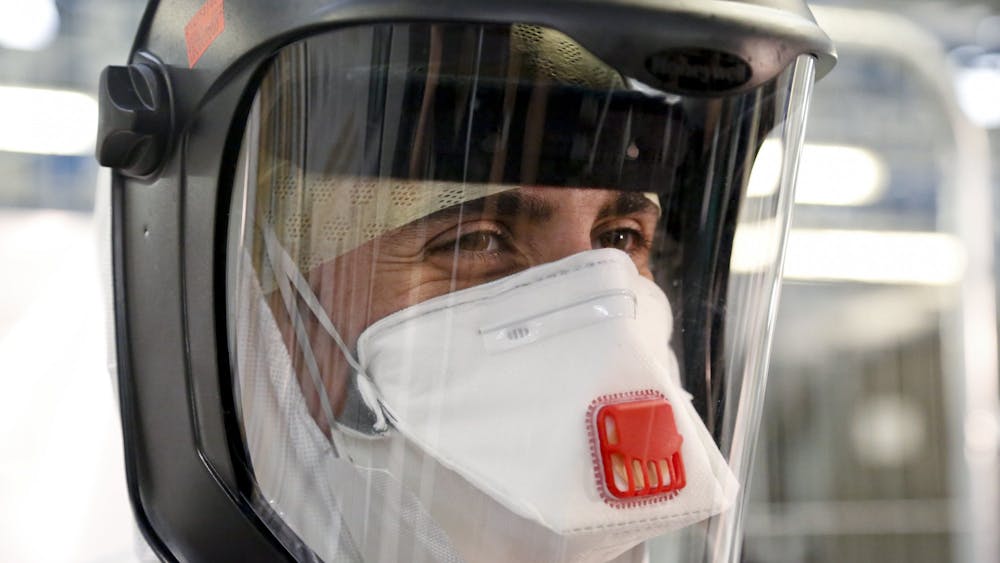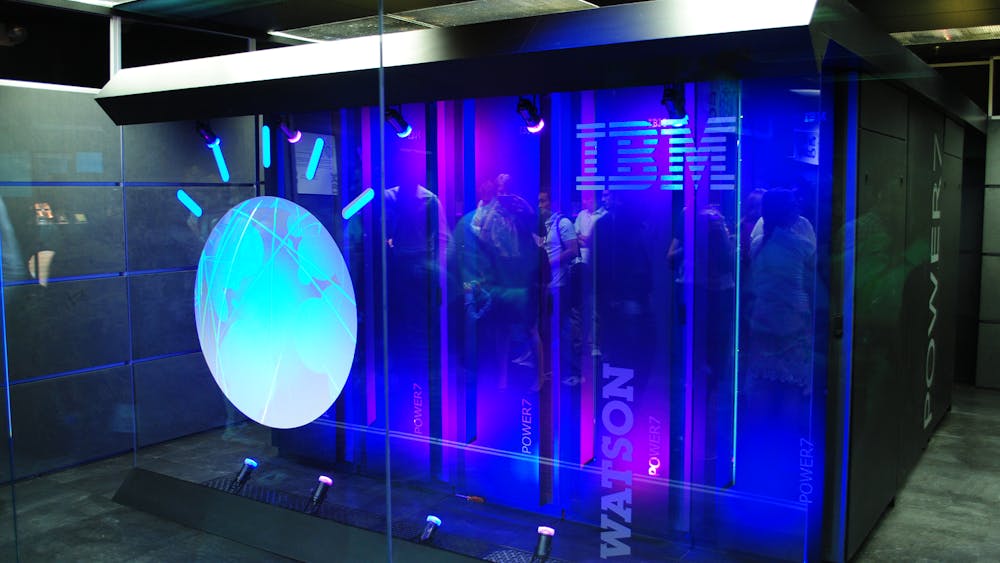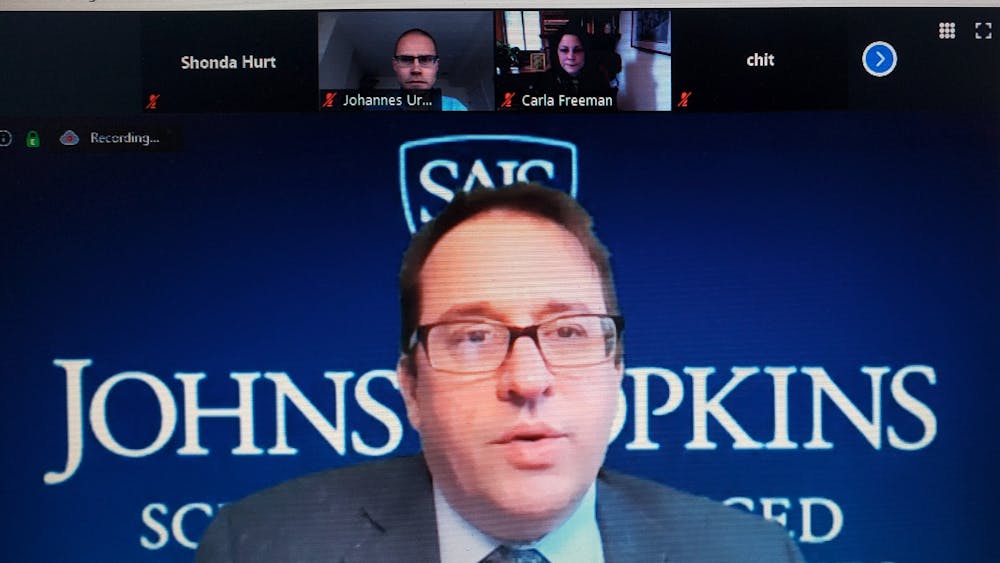Wrap up: The latest in technology
By SHIVNI PATEL | April 18, 2020Some of the biggest stories in tech this week are the launch of entertainment app Quibi, and the creation of a new U.S.-focused COVID-19 map by the Hopkins CSSE. The newest version of the game Animal Crossing was banned in China due to its use by Hong Kong protesters, and Apple teamed up with Google to work on contact-tracing apps to help combat COVID-19.


